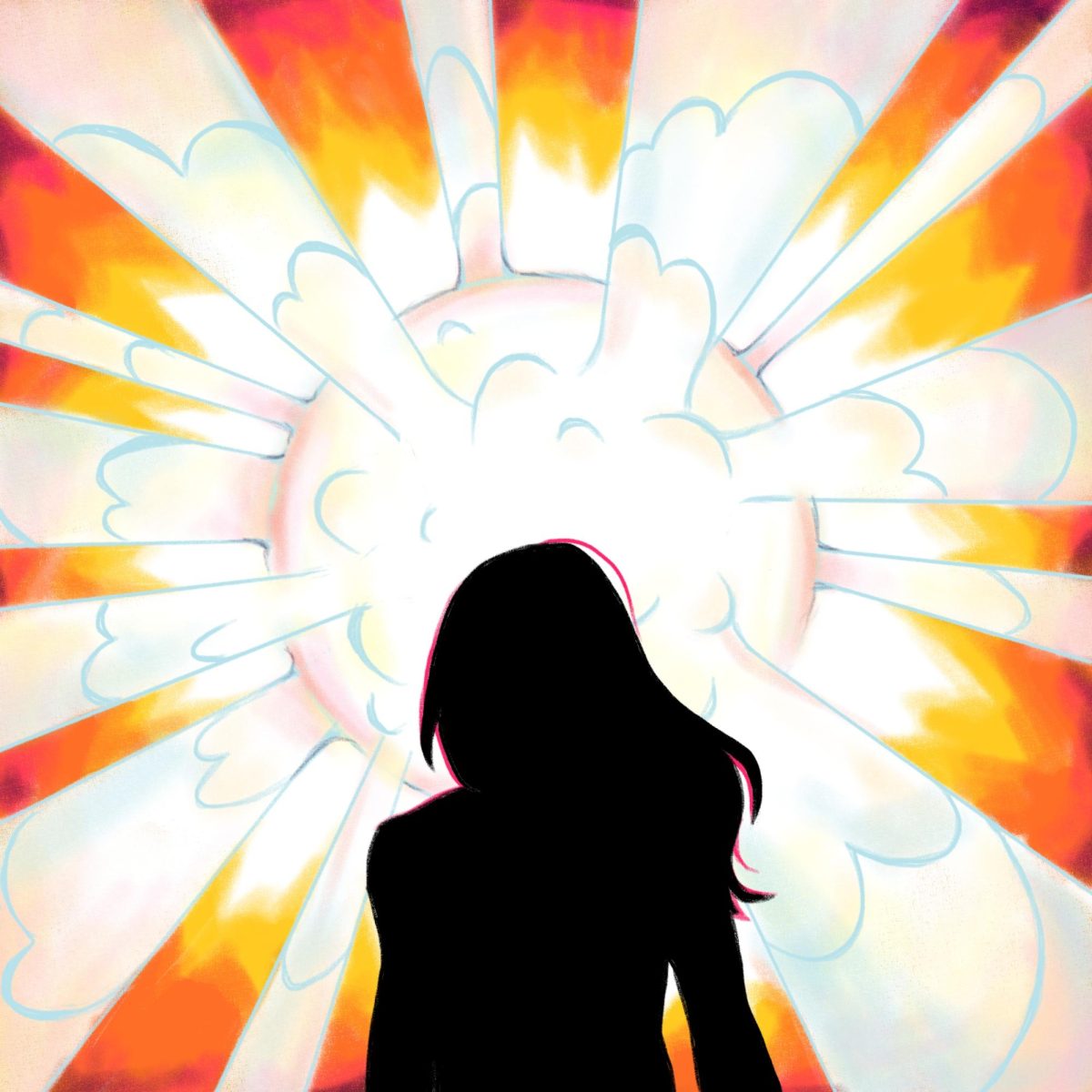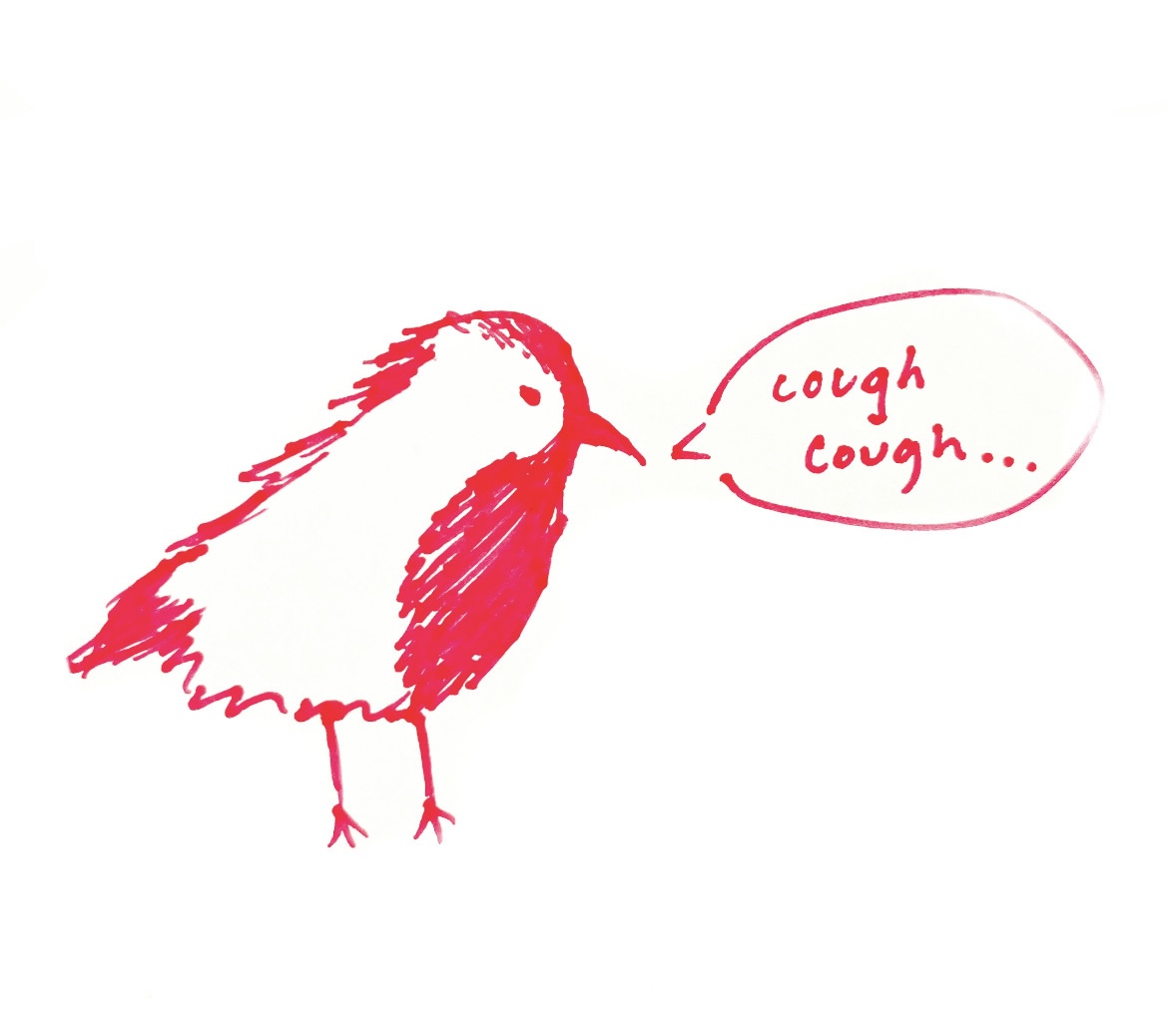– (to be young, gifted, and black).
So how to describe first the awareness? To look down and think, brown, to think black. One would believe that this kind of pain is baked in. Born wrong, or cursed. I’d give up this awareness for anything. But the truth is I can’t pinpoint a time “before” this race-consciousness as well as I can articulate the after. My vision is blurry from the lack of glasses and my young age. All I remember is that I used to not ask so many unanswerable questions. All I remember is I used to not stare..
Before my vision was evaluated I used to think my unfocused images were a divine gift. I had to get really close to things to be able to see them clearly. You could have easily found me holding my hand to light, inspecting the shadows, crossing my eyes to create my own kind of image. A lighter one.
I’d cross my eyes and imagine a brighter world forming between the blur. I invented ways to see what I wanted. I liked thinking my vision was a miracle—proof that the world could be gentler than it appeared.
It wasn’t until the harsh fluorescence of my First Grade classroom that I began to notice the sharpness. The lines. The colors. The way certain hands moved more freely than mine. The way some bodies were more listened to. The way teachers said some names with ease, and others with a practiced sigh.
At the time, I didn’t know how to name what I saw. I only knew I saw it. That’s the thing about these realizations—they don’t announce themselves. They whisper. They settle in your chest and wait. Years later, you look back and finally give them names. I’m not sure if that makes it more heartbreaking or just more honest.
Many kids are left out on the playgrounds, shoved away in corners alone, kicking dirt, studying worms. Not every kid, stares and stares and stares. At the frizzy bits of hair stuck out of her braids, at the hands. (Not every kid) stares at the whiteness that surrounds them. Suffocating. Bit by bit, you notice that kind of thing everywhere. And when the adults swear that this is a”better place” you listen, you swallow this moldy jelly because it hurts. You learn that this is the way life just is.
“Don’t linger too much on the taste, you won’t be able to swallow it.”
You learn not to ask too many questions. You learn to smile politely. You learn to say thank you when someone compliments your “exotic” features. You learn to let them touch your hair. You learn to let them talk over you. You learn to laugh when they imitate your parents’ accents. You learn. You learn. You learn.
You learn to swallow the moldy jelly. Because this is the “better place,” they say. The dream. The prize.
Sometimes the jelly has been sweetened, softened, stripped of its rage and force. It’s been powdered down like sugar, made manageable. It’s been poured into a mold and frozen there, no room for overflow, no cracks allowed. A performance. A translation. A carefully practiced line delivered with just the right cadence, just the right volume, just enough “diversity” to decorate a room but never enough to disturb it.
And the worst part? I had wanted to be sweetened, to be ravaged by this invisible system. We are taught to perform it and I have mastered this performance.
So, yes. It’s true. Sometimes we bend ourselves into the shapes they understand. We lace our voices with safety, trim the edges off our sentences, bury the heat of our truths somewhere behind our teeth. We rehearse our answers in our heads before we raise our hands. We speak softly so we’re not accused of yelling. We smile so we’re not accused of anger. We laugh so they feel comfortable. We translate ourselves into something that feels familiar to them. Just to be safe. Just to survive. Just to be allowed in the room.




